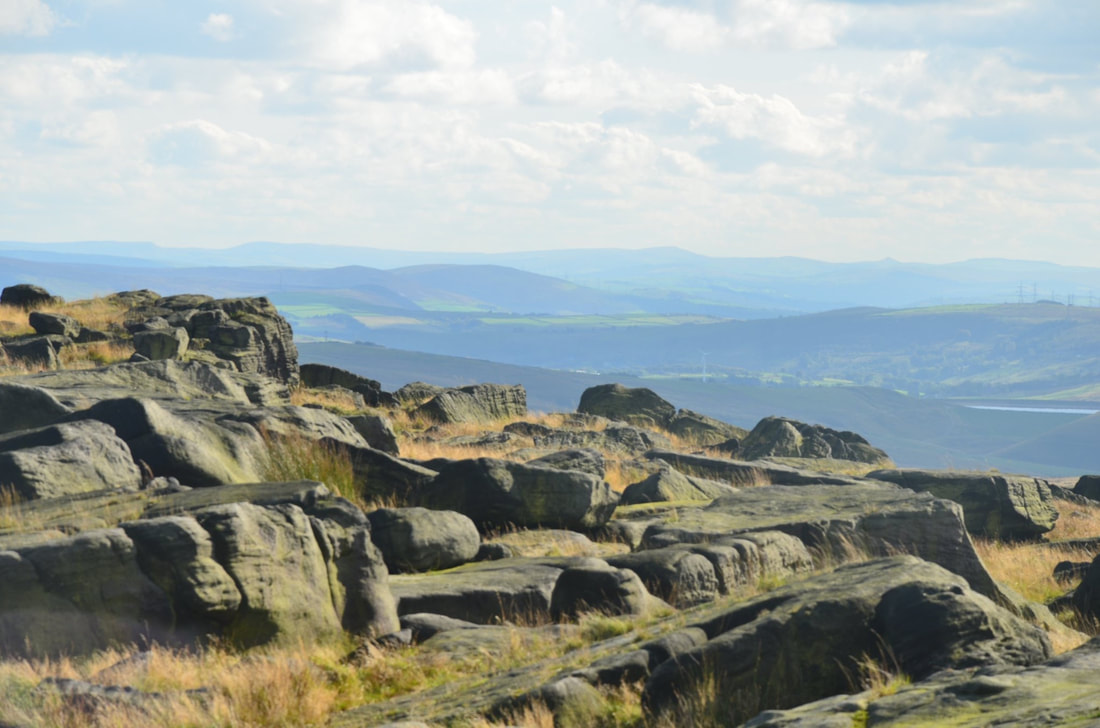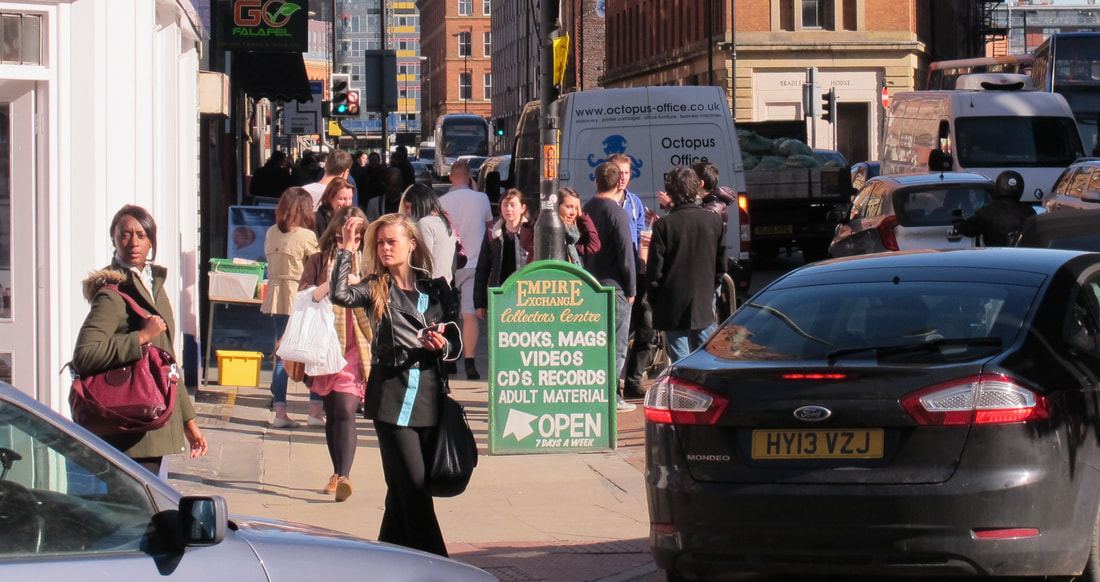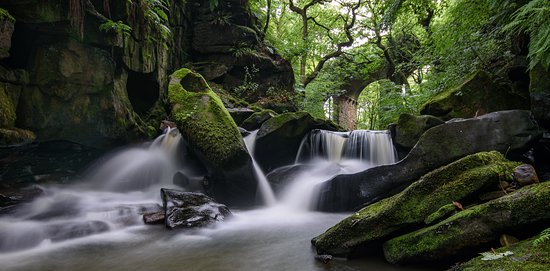MAYBE we should all write down what our North is.
For me it’s a complex of positives and negatives which adds up to the only place I ever want to live. It fits me like a glove. Like an old sock. I know its ways, its bad habits and its peculiar joys.
At its best it’s the spirit of independence melded with cleverness and humour, at my end of the North that means Anthony Burgess, Robert Peel, John Bright, Lydia Becker, Elizabeth Gaskell, Elizabeth Raffald, Joseph Brotherton, Sam Bamford, Joan Bakewell, Anthony Wilson, Lemn Sissay, hotpot, Lancashire cheese, steak and cow heel pie, curry, and pint after pint of golden ale.
It's family.
It’s the Smiths, Doves and Mark E Smith. It’s Caroline Aherne and Steve Coogan and Les Dawson. It’s Chetham's Library, United, Liverpool, City, my home town of Rochdale, LCCC and the National Cycling Centre. MIF. It’s the 25 Nobel prize winners from Manchester University. It’s liberating. It's the Miners Community Arts & Music Centre and Small Cinema in Moston, creating something out of nothing with their bare hands. It's innovation, entrepreneurship and radicalism. It’s the Fifth Pan-African National Congress. It’s multi-cultural, yet it’s about a sense of identity.
It can be breath-takingly more beautiful than anywhere else in these British islands and fifteen miles away it can be irredeemably uglier than anywhere in these British islands.
It’s a mass extinction, revealed in massive masonry by the side of rivers, peeping from under greenery. A place where you guess a factory once reared high above, where hundreds of humans worked long hours in clog and shawl at a time when through the Royal Exchange in Manchester 6.6bn linear yards of cloth flowed with nearest rival Japan producing a paltry 56m linear yards.
It’s the spark that’s left the furnace.
It’s a sense that maybe the really important times are over. That every dog has its day and that we’ve had ours. It’s the hope that if we once had all that, then the North can rise again - and is rising led by the transformation of Liverpool and Manchester. It’s the doubt contained within this transformation that much of this new money wasn’t generated anywhere in the North.
It’s the almost hand-moulded hills of the Trough of Bowland, the sandstone and views of Alderley Edge, the sheer effortless beauty of the Lune Valley, the can-this-be-real drama and gentleness of the Lake District, the ludicrous sand dunes at Formby.
It’s the empty urban areas of east and north Manchester, the shattered districts of inner Liverpool, demoralised small towns such as Radcliffe and Widnes. It’s boarded up pubs and shops and worse, the hundreds of cut off, isolated, estates such as Langley or Hattersley or Kirkby that make me seethe with rage about the inhuman planning disaster of post World War II Britain – that internal diaspora played out with more brutal potency in the heavily populated North than just about anywhere.
It’s the endless transition between well-to-do and poor, between haves and have nots, between wilderness and towns.
It’s the place where you see the skull beneath the British skin more obviously than anywhere else. The North is the rough with the smooth. It’s where, as Jim McClellan wrote, ‘the social processes are more visible’.
Yet the North is all about the people who’ve achieved, not through privilege and inheritance, but through ‘nous’ - although I know I may be kidding myself.
And losing steam.
And repeating myself.
Because of course when I talk about the North I’m only really ever talking about the North West, my bit.
And I’m only ever really talking about me.



 RSS Feed
RSS Feed